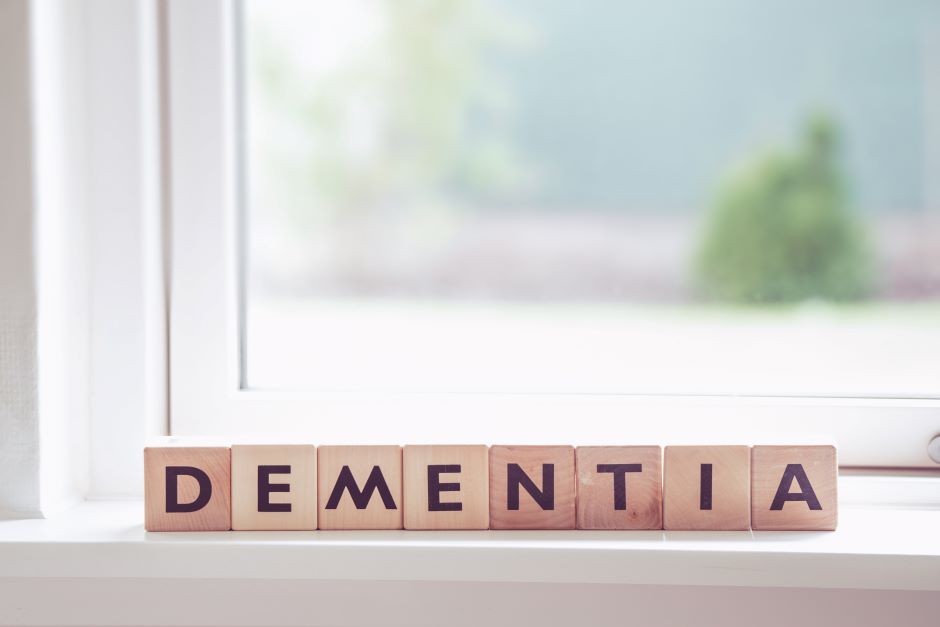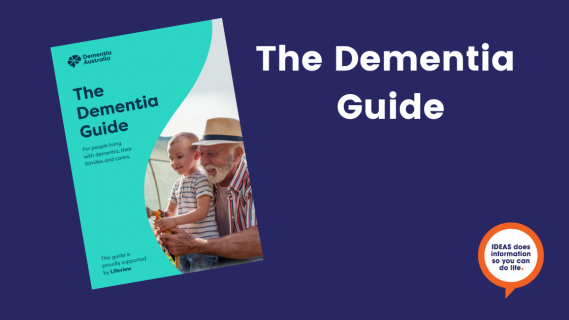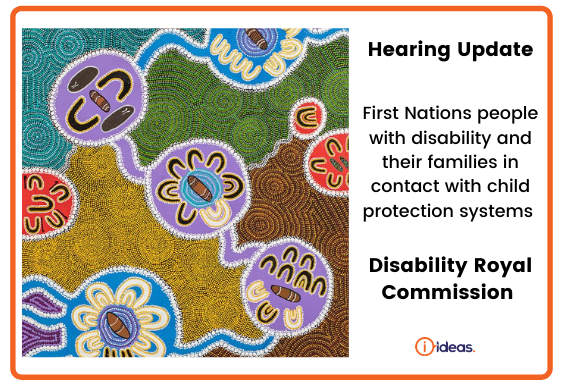1-minute read
People caring for loved ones living with dementia are a growing group across Australia. They share experiences and feelings about their role which may include stress, frustration, grief, fatigue, social isolation, and financial pressure. In contrast to the shared experiences of carers are the reality and concerns for the person they are caring for, with the individual physical and cognitive challenges they may present each day.
Alongside the challenging work, caring for someone with dementia can drive families closer with their brand of coping humour and stories.
What is Dementia?
Dementia is a clinical syndrome (a set of medical signs and symptoms) that can be caused by several underlying diseases, including Alzheimer’s disease. Dementia can affect memory, thinking, behaviour, communication, and ability to perform activities of daily living. Source: The Australian Clinical Practice Guidelines and Principles of Care for People with Dementia
Dementia is the second-highest cause of death in Australia. Currently, there is no cure.
Any person living with dementia has a right to person-centred care. This means that all aspects of their medical care and treatment, lifestyle assistance, hygiene, eating, socialising, and safety at home or other settings must be individualised to that person’s needs, wants and preferences.
All people seeking or receiving care in Australia have rights relating to safety, respect, information, and privacy as outlined in the Australian Charter of Healthcare Rights.
Using the principles of person-centred care and the principles of Dignity in Care are useful compass points for carers and professionals engaged in caring for people with Dementia.
10 PRINCIPLES OF DIGNITY IN CARE
- Zero tolerance of all forms of abuse.
- Support people with the same respect you would want for yourself or a member of your family.
- Treat each person as an individual by offering a personalised service.
- Enable people to maintain the maximum possible level of independence, choice, and control.
- Listen and support people to express their needs and wants.
- Respect people’s privacy.
- Ensure people feel able to complain without fear of retribution.
- Engage with family members and carers as care partners.
- Assist people to maintain confidence and a positive self-esteem.
- Act to alleviate people’s loneliness and isolation.
Source: Dignity in Care.
In Australia, there are many sources of assistance for people caring for someone with Dementia.
National Dementia Helpline Free Call tel: 1800 100 500
Financial support for Carers
Services Australia: Payments you can get as a Carer.
Services Australia: Carers Allowance payment.
Information supports for Carers.
My Aged Care: Caring for someone with dementia.
Dementia Australia: For family, friends and carers.
Dementia Australia: Get support.
Dept of Health and Homecare: National Dementia Support Program (NDSP)
Counselling
Carer Gateway: Counselling Service.
Resources to assist with advance care planning.
Advance Care Planning Australia.
Dementia Australia: Planning ahead.
Specific resources for coping with continence
Dementia Australia: Continence.
Continence Foundation of Australia: Dementia
Better Health Channel: Incontinence - tips for carers.
Specific resources for coping with nutrition
Dementia Australia: Nutrition and dementia.
Aged Care Quality and Safety Commission: Dementia, eating and nutrition .
Respite for Carers
Carer Gateway: Tailored support packages and planned respite.







































